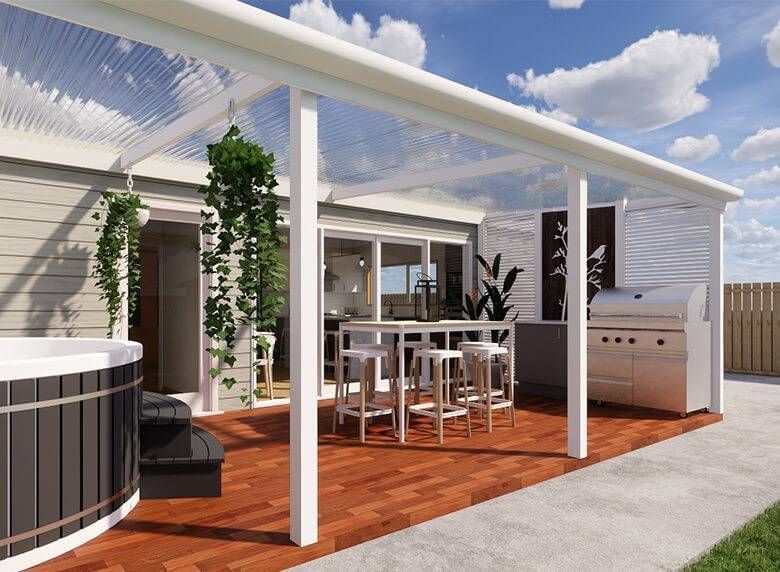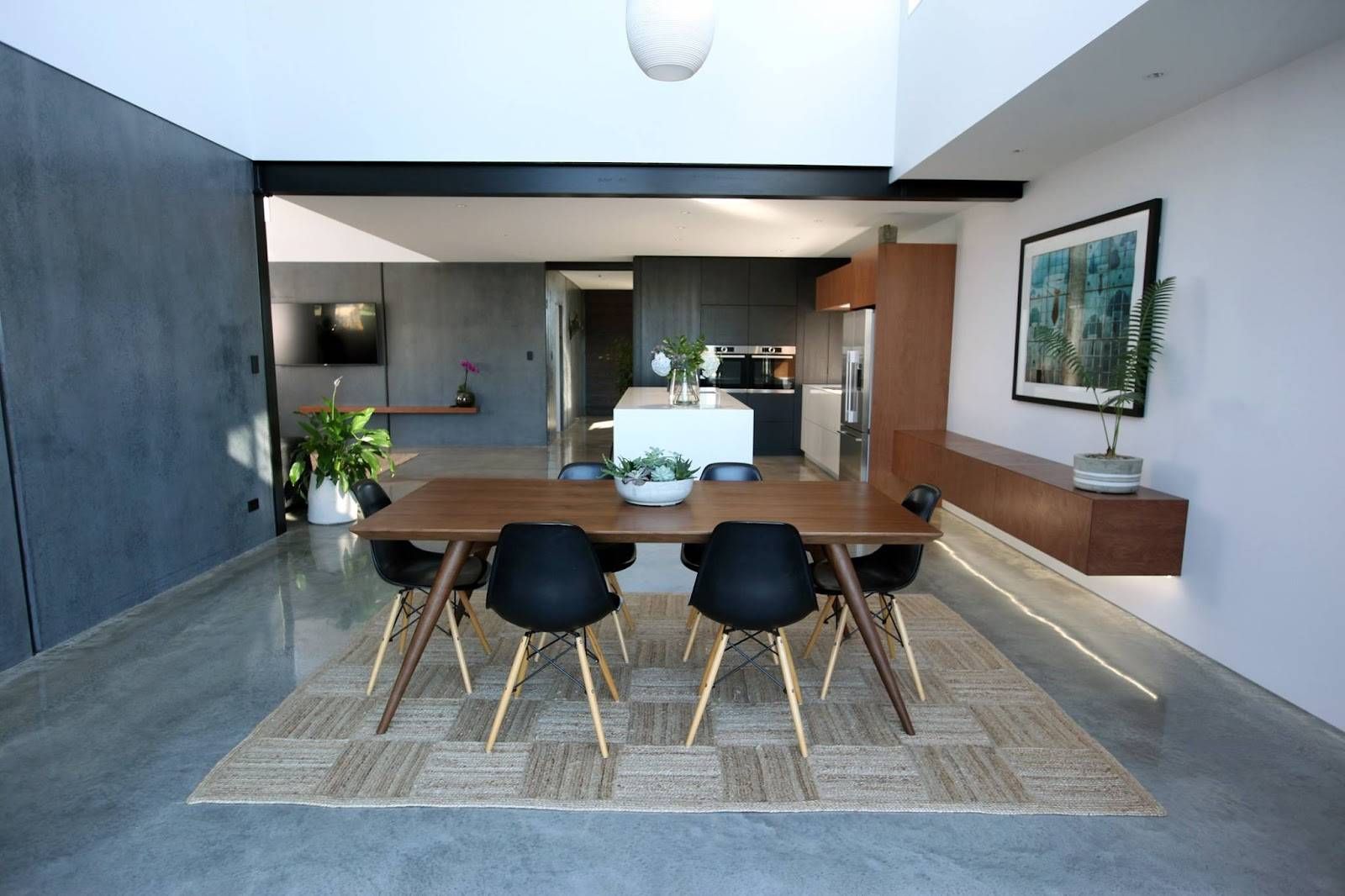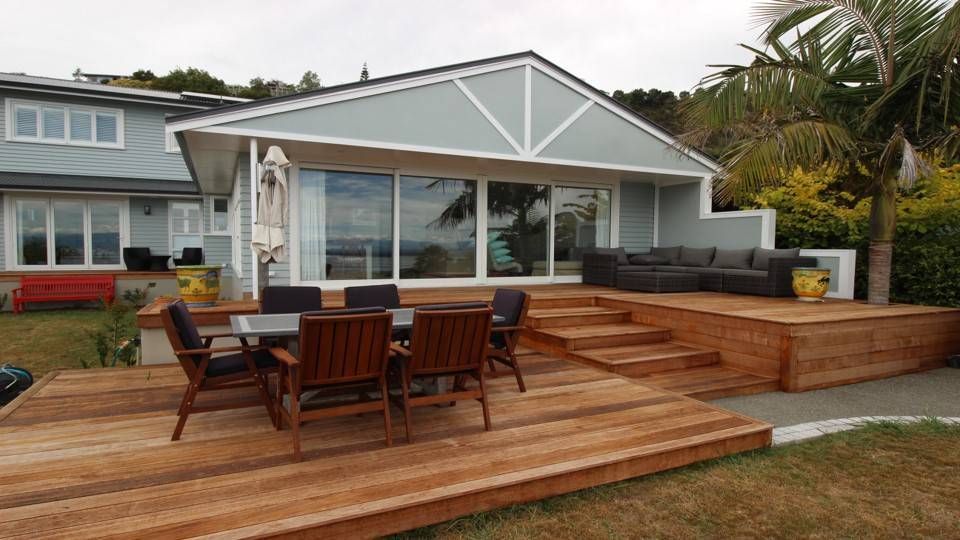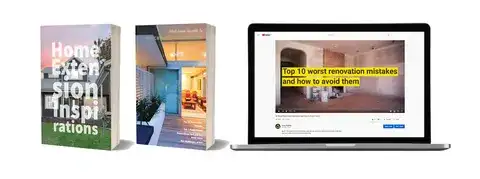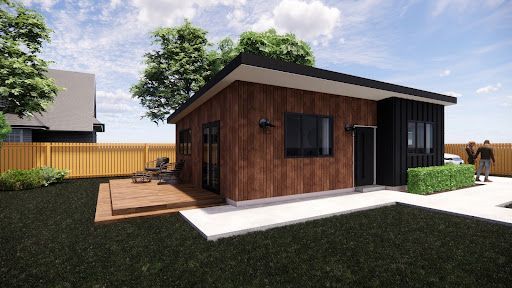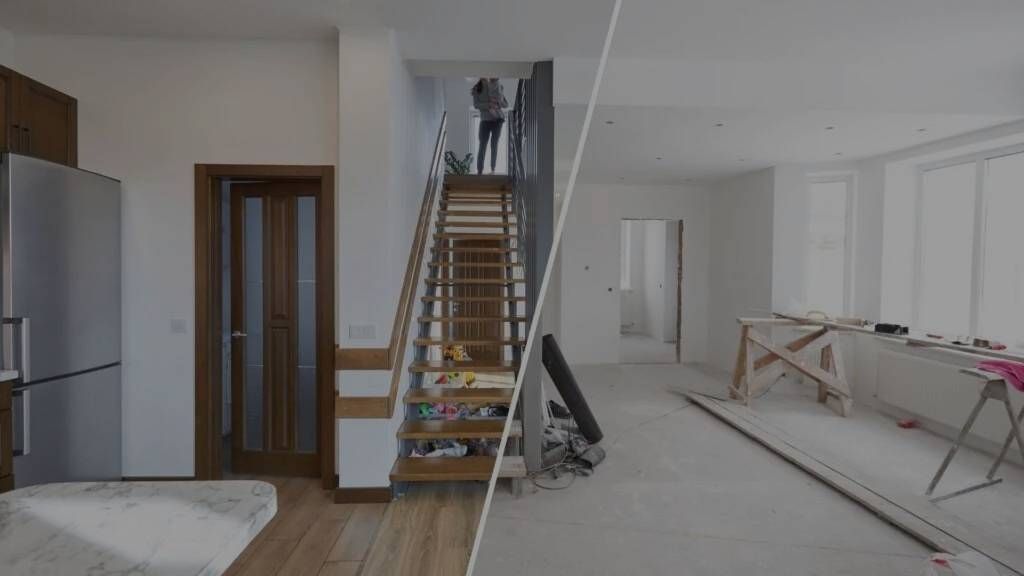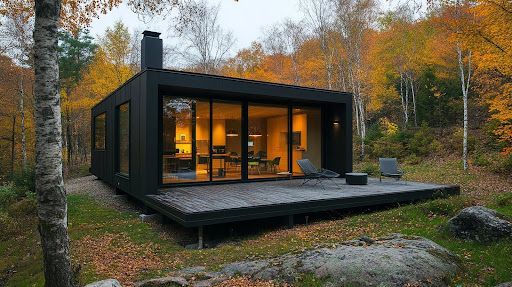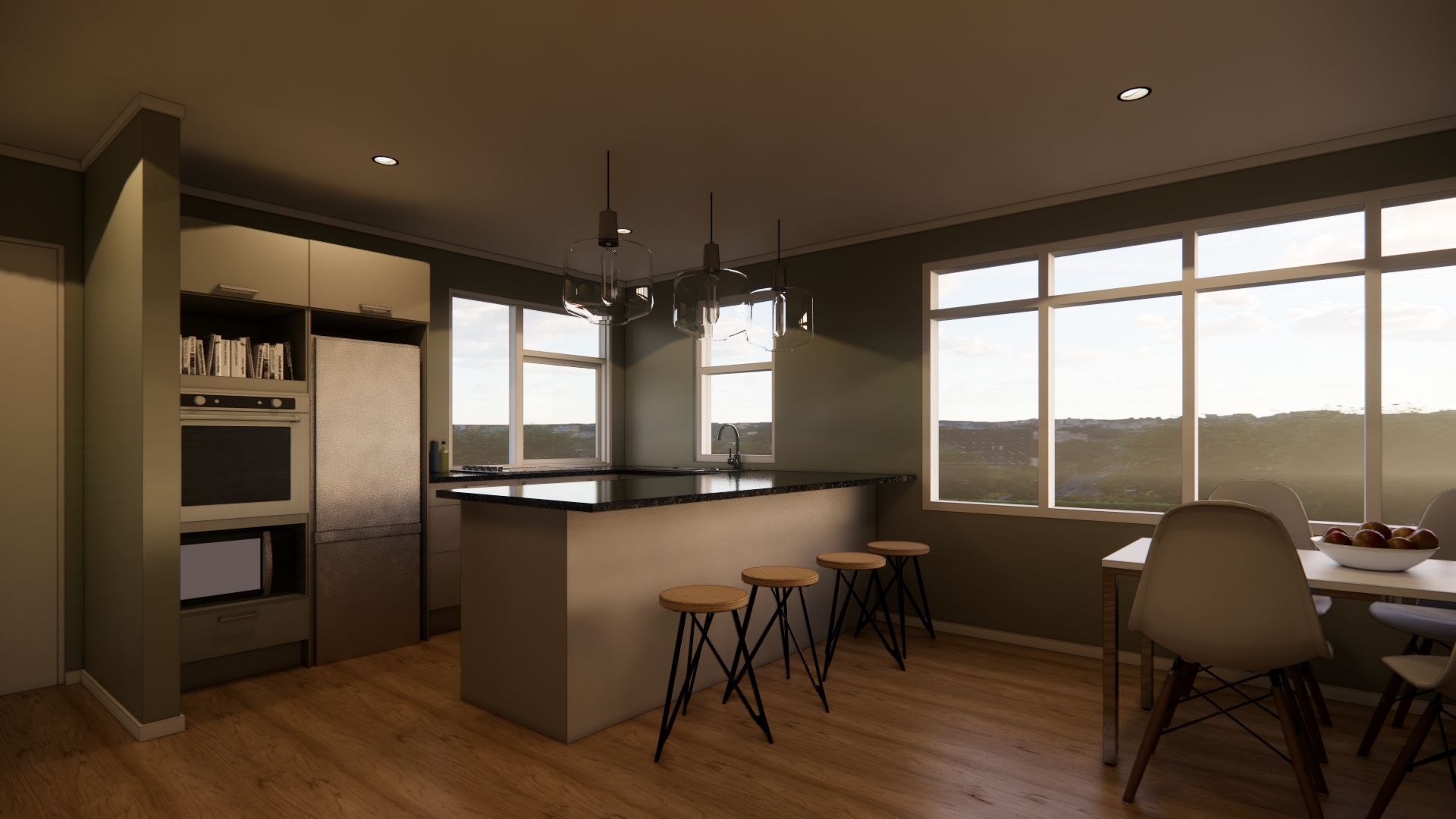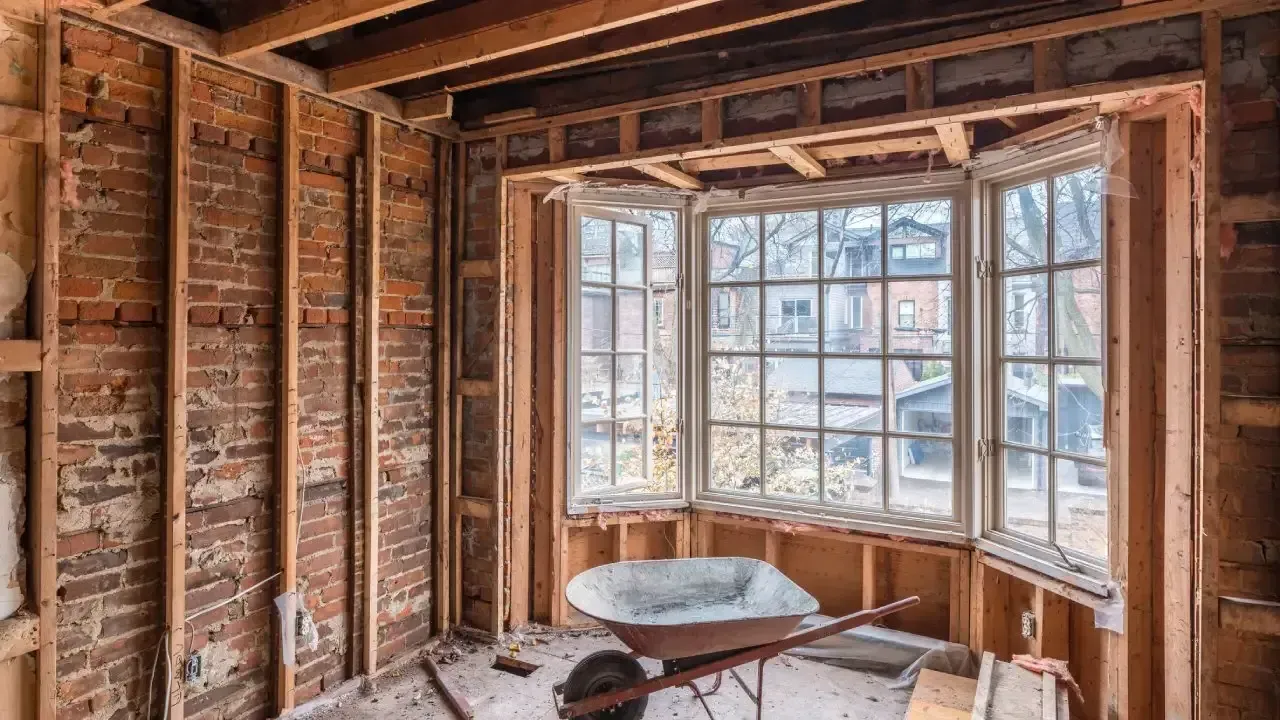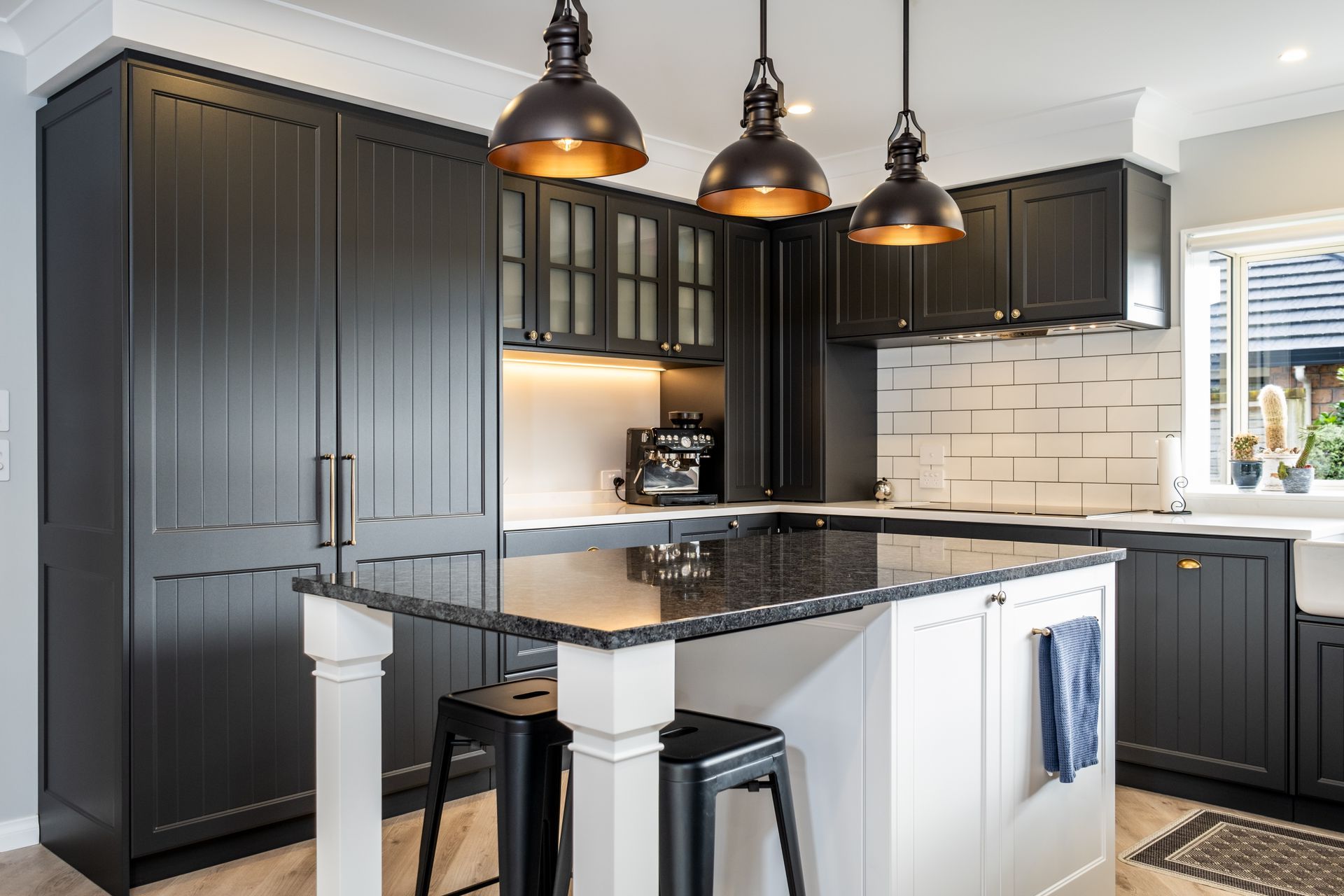Whats The Scoop On Granny Flat Legislation?
There is a lot of buzz about the new Granny Flat legislation at the moment, but whenever I talk to anyone about it, I hear different versions of what it means and when it comes into play. So we are here to set the record straight with the latest info and what it means for you!

What is a Granny Flat? And are they just for Grannies?
While most Kiwi's colloquially know what a 'granny flat' is, a better description is small secondary standalone dwellings. And you don't have to be a granny to build or live in one. Granny flats cater to all sorts of New Zealanders needing homes such as renters, immediate and extended family, farm workers, air BnBs and many more.
The new legislation describes the 'Granny Flat' as:
- 70m2 or less
- On a property that already has an established main dwelling
- Of a simple design (single story and detached from the main/existing dwelling)
- Built by a licensed and authorised professional(s)
- Built to the standards of NZ Building Code

What will the new legislation change?
If you were to build a Granny Flat as described above today (May 2025) you would first need to obtain a Building Consent and possibly also a Resource Consent. This comes with a hefty price tag made up of both council fees and drafts-person or architect fees. And will delay the start of your project by weeks if not months.
The new legislation proposes to remove these roadblocks with the goal to "make it easier to build small standalone dwellings known as 'granny flats', improving affordable housing options and ensuring Kiwis have safe, healthy and durable homes to live in."
Once the legislation comes into effect so long as your new Granny Flat meets the requirements outlined above, you will no longer have to apply or pay for Building Consent or Resource Consent. You will still need to notify your local council before you start your project and once you finish. Keep in mind you may still need to pay development levies (more on this further down).
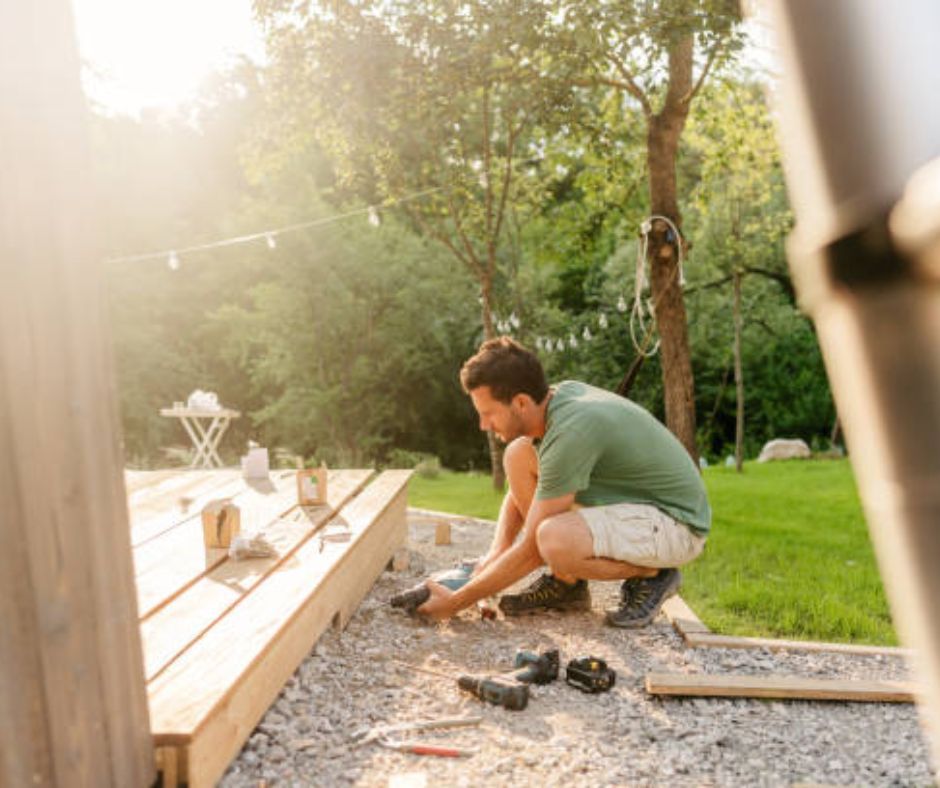
Can I DIY my Granny Flat?
While us Kiwis have a great tradition of DIY however, the legislation is clear that building work must be carried out by licensed and authorised professionals. At the minimum, you will likely need a builder, electrician and plumber.
Some info on how to check your tradespeople are authorised and licensed below:
- For Builders, you will need a builder with their LBP (Licensed Building Practitioner) License. You can check the LBP register by clicking here.
- For Electricians, you can check a sparky's license status along with other info on via the Electrical Workers Registration Board website.
- For Plumbers, you can search either their registration with the Plumbers, Gasfitters and Drainlayers Board webiste you can also search the Master Plumbers database.

How much money could I save?
In most instances building consent fees are calculated based on the value of the project. Again, this will vary from council to council but in our experience for a small self-contained dwelling we would expect these to be in the range of $3-4,000. Resource consent vary a lot in terms of their complexity so the fee structure is typically based on the hourly fees for the council expertise involved + administrative costs. These fees are usually available on your local council’s website.
Above and beyond this typically you would be paying a draftsperson or architect to submit the relevant documentation and drawings and facilitate the consent application process. While you may still have a draftsperson or architect on board designing and creating the necessary drawings for your Granny Flat there is certainly a cost reduction by eliminating the consent process.

What are Development Levies and will I have to pay them?
When a new house is built it increases the density of whichever city it’s built in. This adds to the load on public infrastructure, community services and the need for recreational spaces.
To help cover the cost of these investments (and relieve other ratepayers from covering them) some councils will charge development levies. For councils who do enforce development levies these are typically calculated based on how your property is zoned and the size of your new home.
In our experience development levies often come as a surprise to customers so it’s best to talk with your local Pzazz Homes builder about these in the early stages. They will be able to give you an indicative range you can expect to pay in development levies for your new home.
As an example, Hutt City Council has a district-wide minimum development contribution of $13,984 incl. GST for each new dwelling on a site. Based on your suburb you then may pay additional fees; currently, rural residents have no additional fees, however if you are a resident of Wainuiomata you have an additional $24,514.00 to pay, bringing your total development contribution to $38,498.00 incl. GST. Not exactly loose change!
The legislation states that these fees will be charged during the PIM (Project Information Memorada) process. It's not yet been explicitly stated when the PIM process will be required in relation to the new legislation.
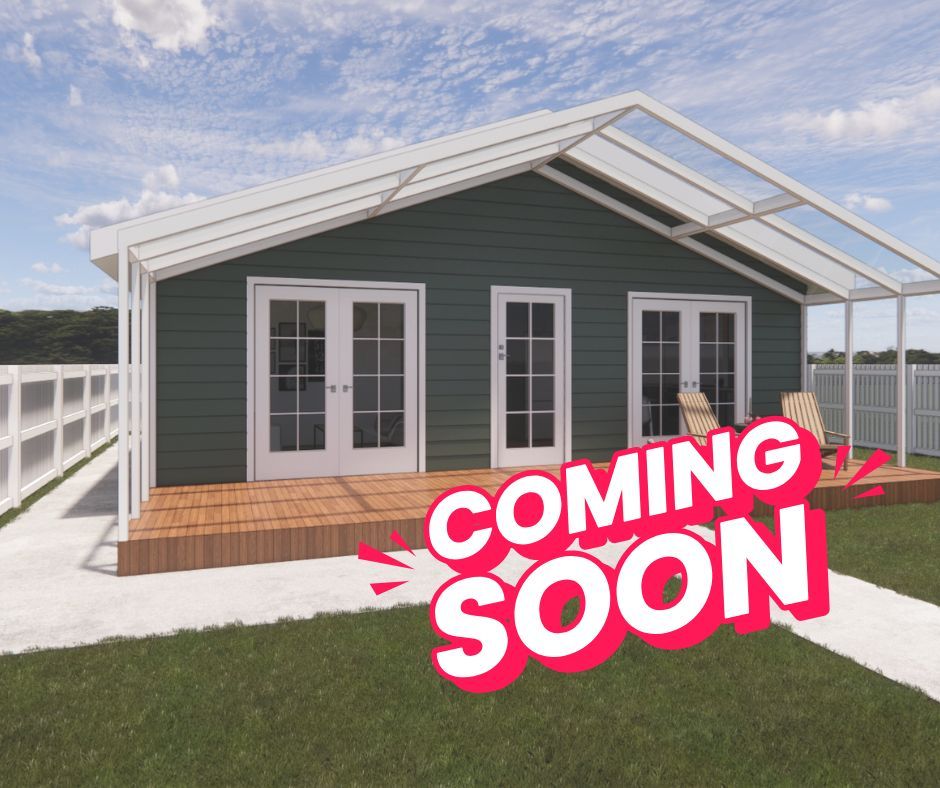
When do these rules come into effect?
If you've been following the headlines, you will have been hearing about Granny Flat legislation since before the 2023 election. So you would be forgiven for thinking, isn't it here already?? So to set the record straight as of May 2025 this law has yet to be enacted. So if you have started or are planning on starting a project of this nature you will need to seek a building consent and possibly also a Resource Consent. Best practice is to check with a trusted builder, draftsman or directly with your local council. It is expected that this law will come into force early 2026.
For all the latest updates make sure you're subscribed to the Come Alive! Newsletter (you can join up by filling in the form below and start receiving our monthly eZine covering all things home renovation. And also check out Pzazz Homes where we have a range of
pre-designed sleeouts, studios and small homes available now and prepped and ready for when the new legislation comes into force.
Like more home inspirations, ideas and tips?
Subscribe to our Come Alive! Newsletter
It's FREE and comes to you via email every month providing informative articles, tips and ideas!
Newsletter Form
Visit our FREE E - Library
Have you thought about renovating but don't know where to start? Browse and download a variety of E-Books and other resources that cover tips and tricks, latest trends and renovation processes.
